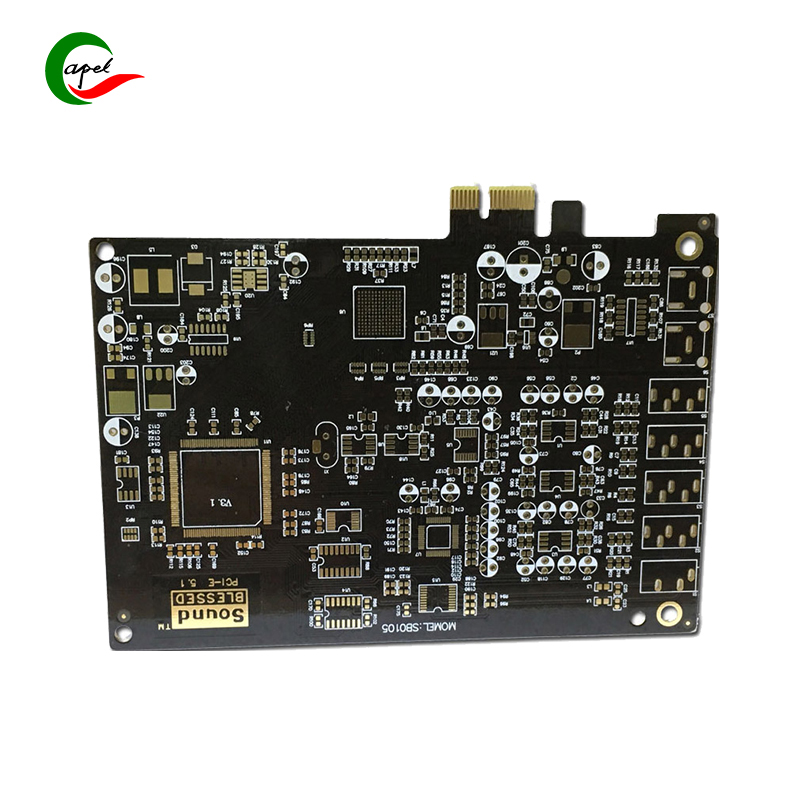Specification
| Category | Process Capability | Category | Process Capability |
| Production Type | Single layer FPC / Double layers FPC Multi- layer FPC / Aluminum PCBs Rigid-Flex PCB | Layers Number | 1-16 layers FPC 2-16 layers Rigid-FlexPCB HDI Boards |
| Max Manufacture Size | Single layer FPC 4000mm Doulbe layers FPC 1200mm Multi-layers FPC 750mm Rigid-Flex PCB 750mm | Insulating Layer Thickness | 27.5um /37.5/ 50um /65/ 75um / 100um / 125um / 150um |
| Board Thickness | FPC 0.06mm - 0.4mm Rigid-Flex PCB 0.25 - 6.0mm | Tolerance of PTH Size | ±0.075mm |
| Surface Finish | Immersion Gold/Immersion Silver/Gold Plating/Tin Plat ing/OSP | Stiffener | FR4 / PI / PET / SUS / PSA/Alu |
| Semicircle Orifice Size | Min 0.4mm | Min Line Space/ width | 0.045mm/0.045mm |
| Thickness Tolerance | ±0.03mm | Impedance | 50Ω-120Ω |
| Copper Foil Thickness | 9um/12um / 18um / 35um / 70um/100um | Impedance Controlled Tolerance | ±10% |
| Tolerance of NPTH Size | ±0.05mm | The Min Flush Width | 0.80mm |
| Min Via Hole | 0.1mm | Implement Standard | GB / IPC-650 / IPC-6012 / IPC-6013II / IPC-6013III |
We do Rigid-Flex PCBs with 15 years' experience with our professionalism
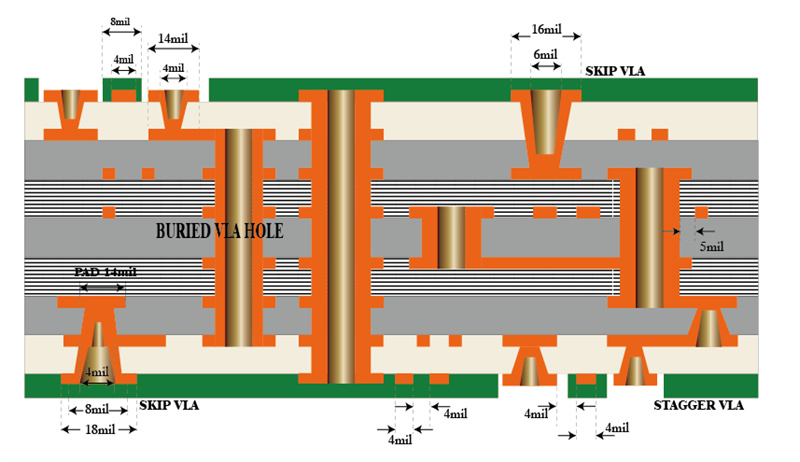

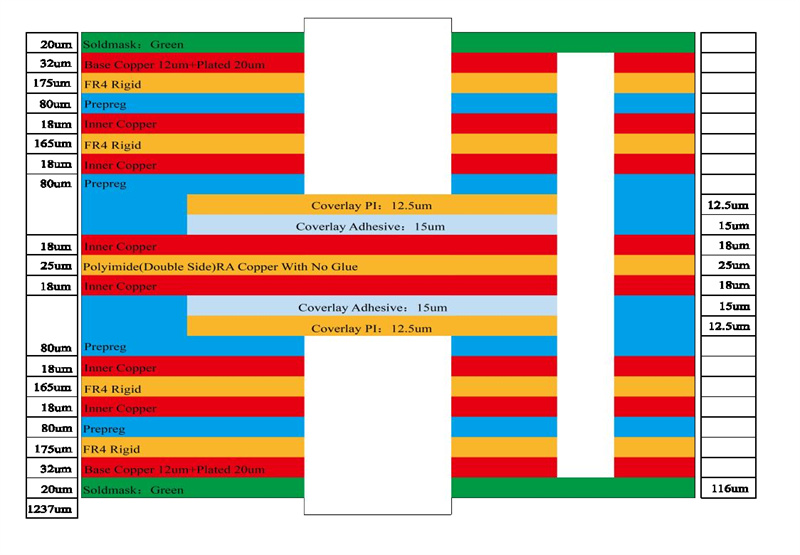
8 layer HDI PCBs
5 layer Flex-Rigid Boards
8 layer Rigid-Flex PCBs
Testing and Inspection Equipment
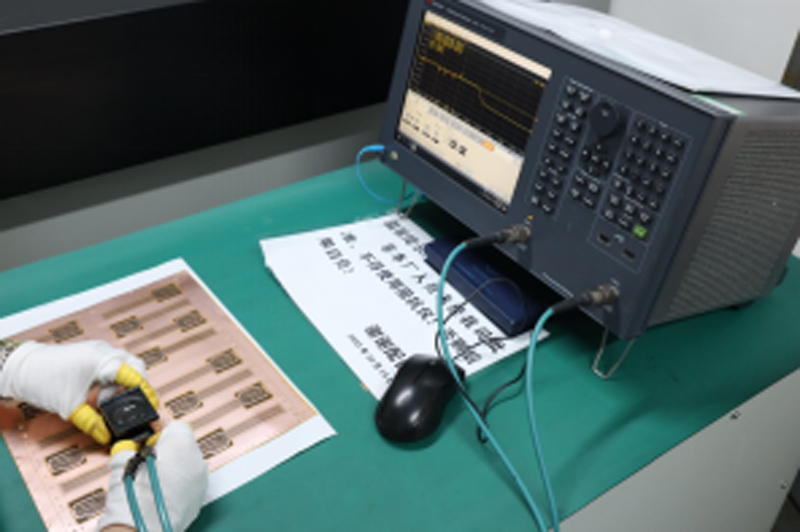
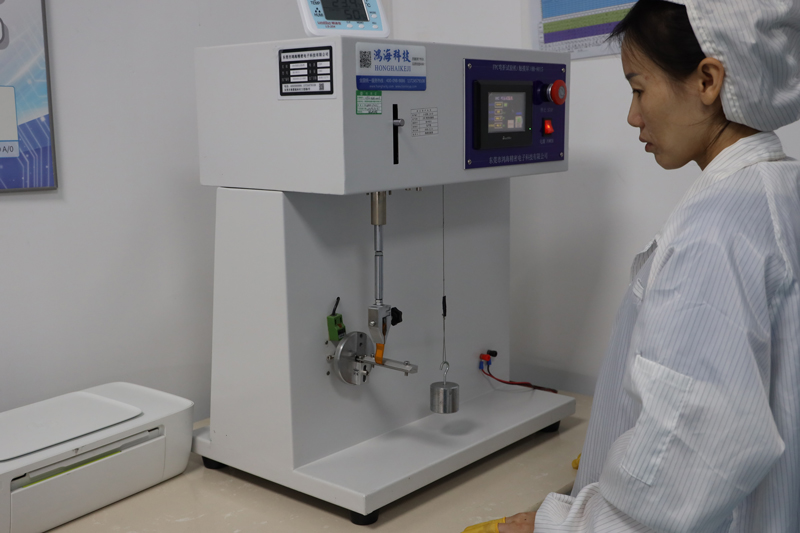
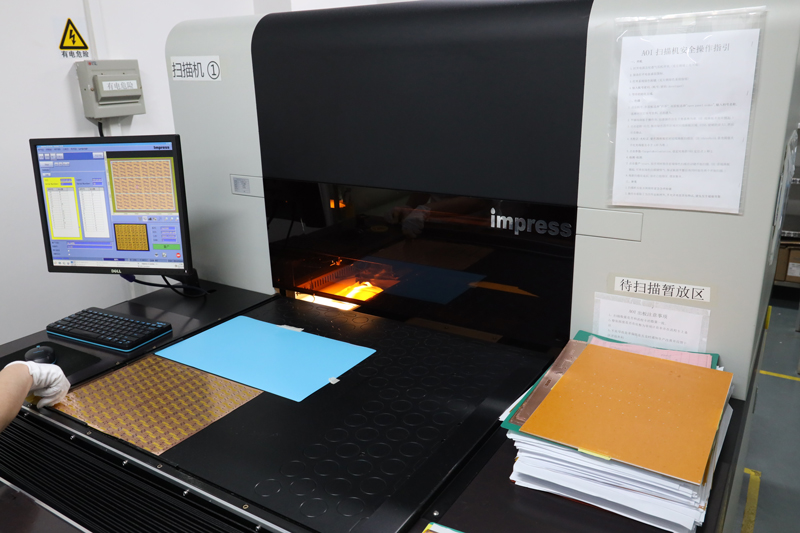
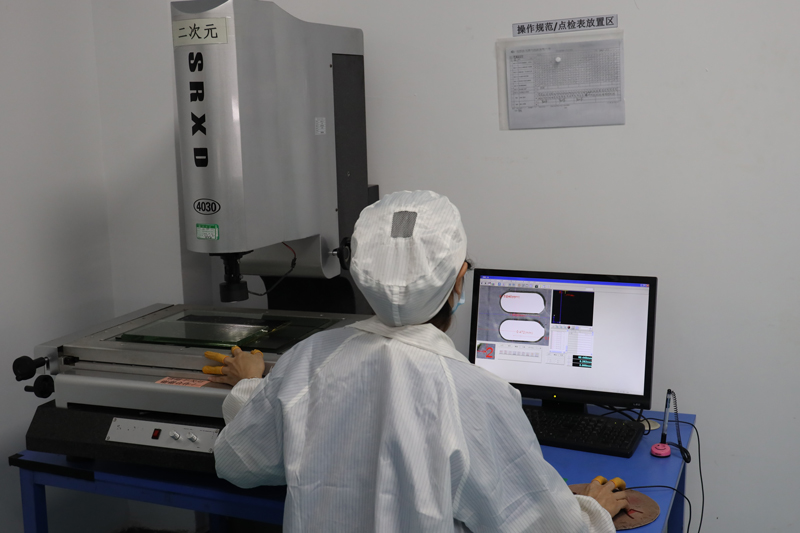
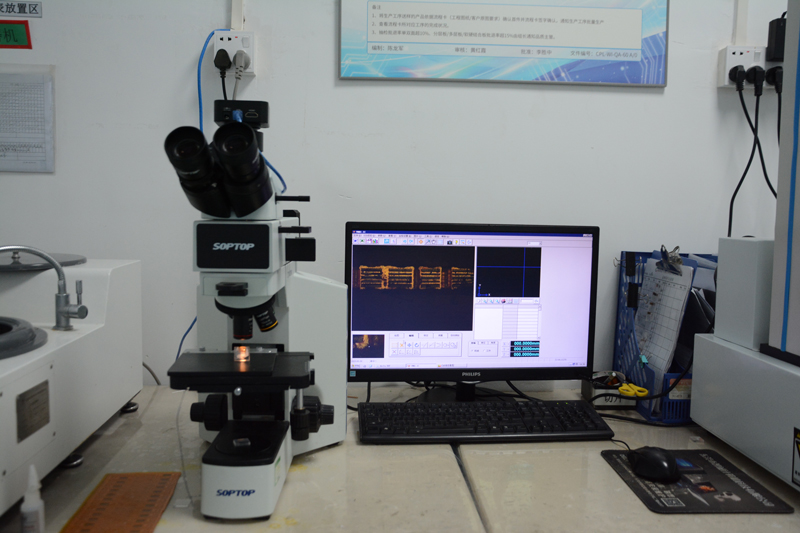
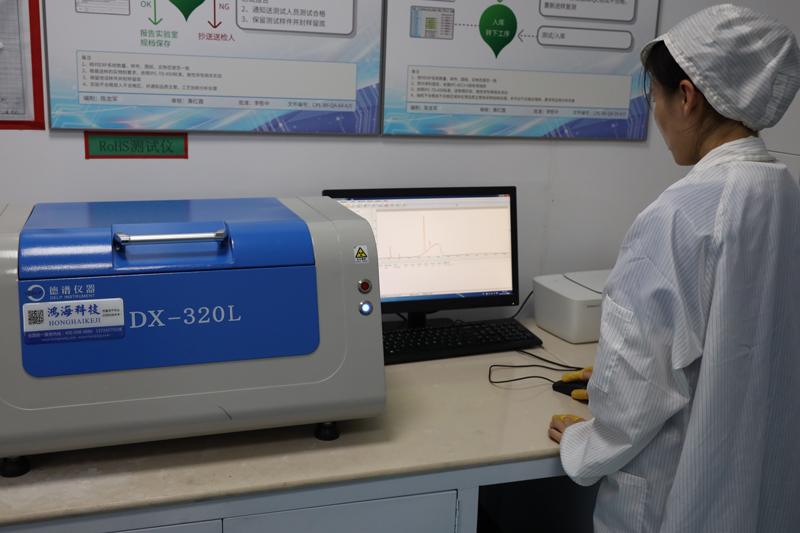
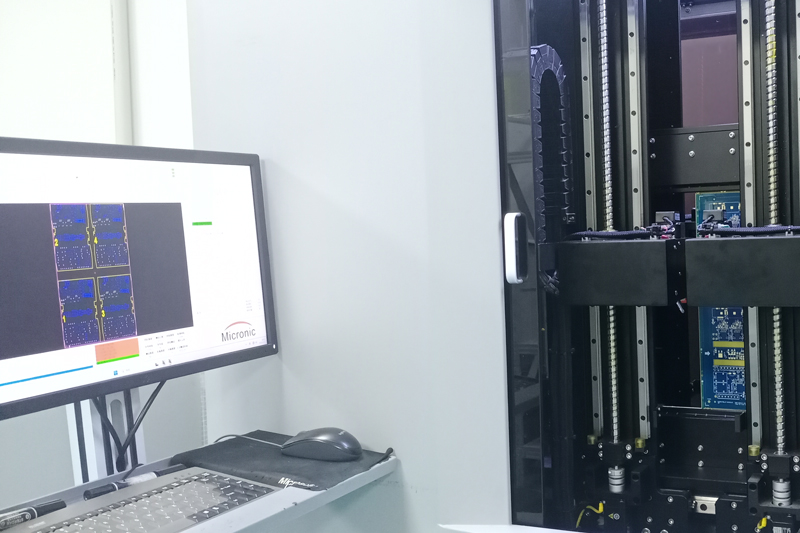
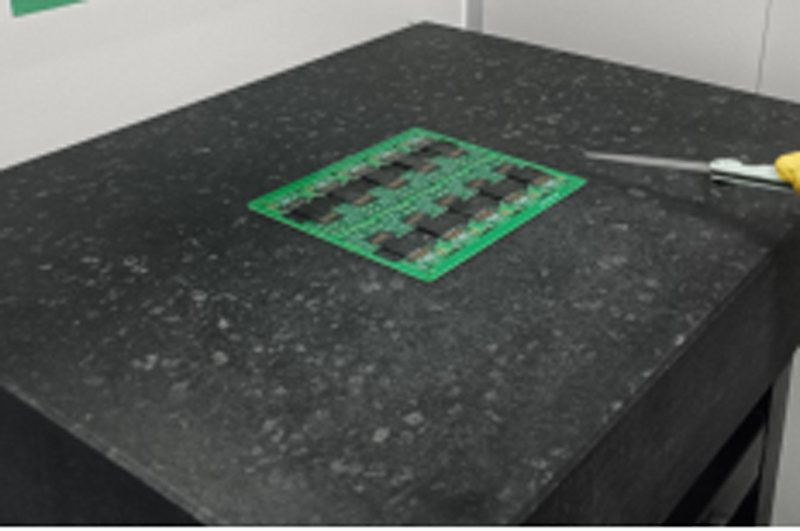
how 8 Layers Rigid-Flex PCBs improve technology in Commercial Plant
. Provide technical support Pre-sales and after-sales; . Custom up to 40 layers, 1-2days Quick turn reliable prototyping, Component procurement, SMT Assembly; . Caters to both Medical Device, Industrial Control, Automotive, Aviation, Consumer Electronics, IOT, UAV, Communications etc.. . Our teams of engineers and researchers are dedicated to fulfilling your requirements with precision and professionalism.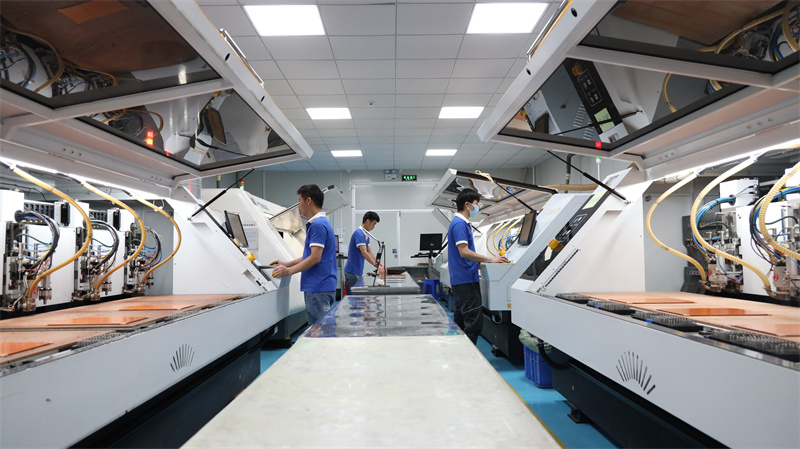
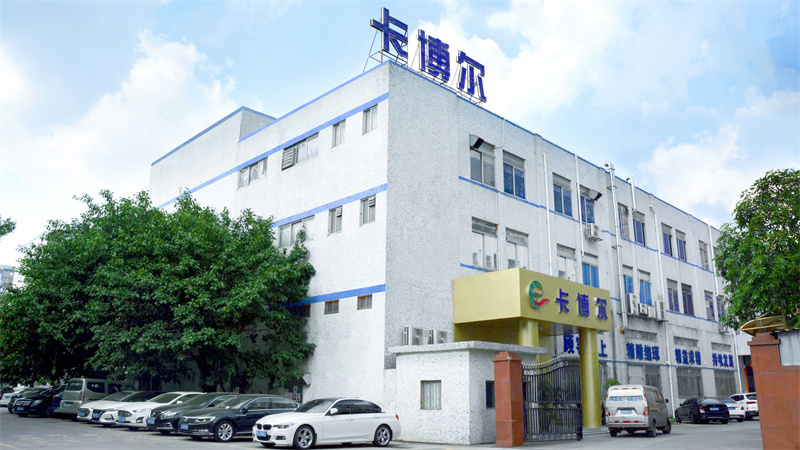
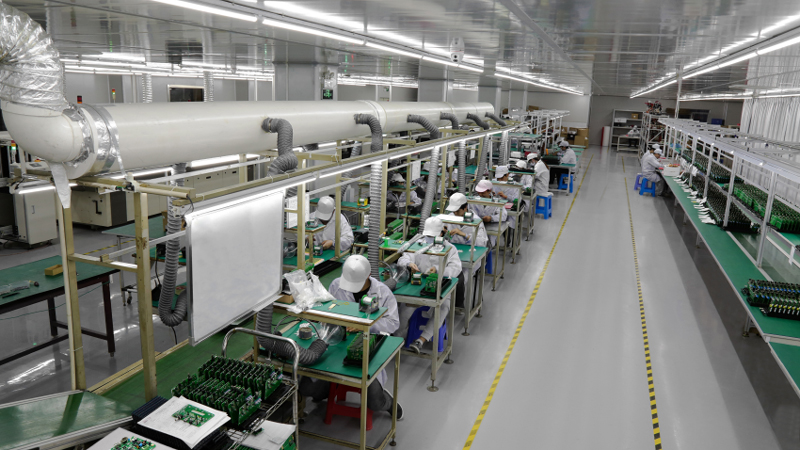
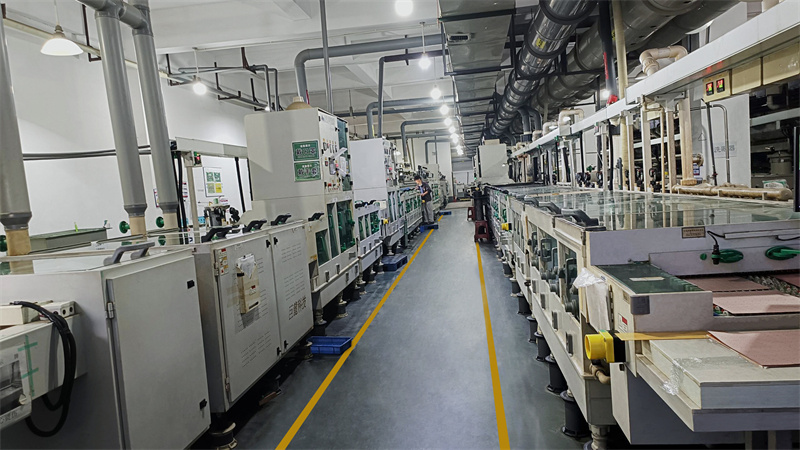
Our Rigid-Flex PCBs Service
1. Enhanced reliability: 8 Layers Rigid-flex PCBs are very reliable because they have fewer components and interconnections than traditional rigid PCBs. This reduces the risk of signal loss, connection failure and mechanical stress, thereby increasing the overall system reliability of commercial plant equipment. 2. Improved durability: 8 Layers Rigid-flex PCBs are designed to withstand harsh operating conditions and environments. The flexible materials used in its construction, with strong and rigid parts, allow it to resist vibration, shock and bending, ensuring the longevity and durability of commercial plant technology. 3. Cost-effective: Although the initial manufacturing cost of 8 Layers rigid-flex PCBs may be higher than traditional PCBs, they can provide cost-saving benefits in the long run. The total cost of ownership of commercial factory systems using rigid-flex PCBs can be reduced due to reduced assembly and installation time, minimal need for additional connectors or cables, and increased reliability. 4. Space-saving design: 8 Layers Rigid-flex PCB is known for its compact and space-saving design. By eliminating the need for additional connectors and cables, commercial factory technology can be designed smaller, making it ideal for applications where space is limited or miniaturization is required. 5. Improved signal integrity: The multilayer and rigid-flex construction of these PCBs helps reduce electrical noise and interference, thereby improving signal integrity. This is critical in commercial plant technology, where accurate and reliable data transmission is essential for optimal performance and control. 6. Space saving: Rigid-flex board combines the advantages of rigid circuit and flexible circuit, allowing the integration of multiple layers and components. This compact design helps save valuable space in commercial factory equipment, allowing for more efficient use of available area. 7. Higher reliability: 8 Layers Rigid-flex PCB offers higher reliability due to its structural integrity and reduced use of connectors and cables. This reduces the risk of loose connections, electromagnetic interference and other potential points of failure. Improved reliability can improve performance and reduce downtime in commercial plant operations. 8. Improved signal integrity: Rigid-flex PCBs have multiple layers to provide better signal quality and reduce crosstalk. They provide enhanced impedance control and better isolation between different signals, improving communication and minimizing signal interference in commercial plant systems. 9. Enhanced durability: 8 Layers Rigid-flex PCBs are designed to withstand harsh operating conditions such as temperature changes, vibration, and shock. This increased durability ensures longer-lasting performance of commercial plant equipment, reducing maintenance costs and equipment downtime. 10. Flexibility and versatility: The flexible part of the rigid-flex board allows bending and folding, which is ideal for applications requiring complex or irregular shapes. This flexibility and versatility allows commercial plant equipment to be designed in unconventional forms, contributing to more efficient and optimized operating processes.
4. Space-saving design: 8 Layers Rigid-flex PCB is known for its compact and space-saving design. By eliminating the need for additional connectors and cables, commercial factory technology can be designed smaller, making it ideal for applications where space is limited or miniaturization is required. 5. Improved signal integrity: The multilayer and rigid-flex construction of these PCBs helps reduce electrical noise and interference, thereby improving signal integrity. This is critical in commercial plant technology, where accurate and reliable data transmission is essential for optimal performance and control. 6. Space saving: Rigid-flex board combines the advantages of rigid circuit and flexible circuit, allowing the integration of multiple layers and components. This compact design helps save valuable space in commercial factory equipment, allowing for more efficient use of available area. 7. Higher reliability: 8 Layers Rigid-flex PCB offers higher reliability due to its structural integrity and reduced use of connectors and cables. This reduces the risk of loose connections, electromagnetic interference and other potential points of failure. Improved reliability can improve performance and reduce downtime in commercial plant operations. 8. Improved signal integrity: Rigid-flex PCBs have multiple layers to provide better signal quality and reduce crosstalk. They provide enhanced impedance control and better isolation between different signals, improving communication and minimizing signal interference in commercial plant systems. 9. Enhanced durability: 8 Layers Rigid-flex PCBs are designed to withstand harsh operating conditions such as temperature changes, vibration, and shock. This increased durability ensures longer-lasting performance of commercial plant equipment, reducing maintenance costs and equipment downtime. 10. Flexibility and versatility: The flexible part of the rigid-flex board allows bending and folding, which is ideal for applications requiring complex or irregular shapes. This flexibility and versatility allows commercial plant equipment to be designed in unconventional forms, contributing to more efficient and optimized operating processes. Rigid-Flex PCBs'application in Commercial Plant FAQ
1. What is a rigid-flex board? Rigid-flex PCB is a printed circuit board that combines rigid and flexible substrates into a single board. It allows the integration of components and interconnections in rigid and flexible parts, providing flexibility and durability. 2. What are the benefits of using Rigid-Flex in a commercial plant? Rigid-flex PCBs offer several advantages in commercial factory applications, including: - Space saving: Rigid-flex PCBs can be designed to fit in tight spaces, allowing for smaller, more compact devices. - Durability: The combination of rigid and flexible substrates makes them resistant to vibration, shock and thermal stress, increasing their reliability in factory environments. - Weight reduction: Rigid-flex PCBs are lighter than traditional PCBs with connectors and cables, reducing the overall weight of the device. - Improved Reliability: Fewer connectors and cables means fewer points of failure, which increases reliability and reduces maintenance. - Ease of installation: Rigid-flex PCBs can be designed for easy installation, reducing assembly time and cost. 3. What are the common applications of Rigid-Flex in commercial factories? Rigid-flex PCBs are used in a variety of applications within commercial factories such as: - Control Systems: They can be used in control boards and PLC (Programmable Logic Controller) systems for monitoring and managing industrial processes. - Human-machine interface: Rigid-flex boards can be integrated into touch screens and control panels to facilitate human-computer interaction and control in the factory. - Sensing and Data Acquisition: They can be used in sensors and data acquisition systems to monitor and collect data on various parameters such as temperature, pressure and flow. - Motor control: Rigid-flex boards can be used in motor control units to achieve precise control and regulation of industrial motors. - Lighting systems: They can be incorporated into lighting control systems for efficient and automated management of factory lighting. - Communication system: Rigid-flex boards can be used in network and communication equipment to ensure seamless connection between different equipment and systems in the factory. 4. Can rigid-flex boards withstand harsh industrial environments? Yes, rigid-flex PCBs are designed to withstand harsh industrial environments. They are resistant to fluctuations in temperature, humidity, vibration and mechanical stress. The combination of rigid and flexible materials provides the necessary durability and reliability required for commercial plant applications. 5. Can rigid-flex boards be customized according to specific factory requirements? Yes, rigid-flex PCBs can be customized to meet specific factory requirements. They can be designed to fit specific space constraints, accommodate required components and interconnects, and meet required performance and reliability standards. Working with an experienced PCB manufacturer or designer can help ensure that a rigid-flex PCB is suitable for the specific needs of a commercial plant.
3. What are the common applications of Rigid-Flex in commercial factories? Rigid-flex PCBs are used in a variety of applications within commercial factories such as: - Control Systems: They can be used in control boards and PLC (Programmable Logic Controller) systems for monitoring and managing industrial processes. - Human-machine interface: Rigid-flex boards can be integrated into touch screens and control panels to facilitate human-computer interaction and control in the factory. - Sensing and Data Acquisition: They can be used in sensors and data acquisition systems to monitor and collect data on various parameters such as temperature, pressure and flow. - Motor control: Rigid-flex boards can be used in motor control units to achieve precise control and regulation of industrial motors. - Lighting systems: They can be incorporated into lighting control systems for efficient and automated management of factory lighting. - Communication system: Rigid-flex boards can be used in network and communication equipment to ensure seamless connection between different equipment and systems in the factory. 4. Can rigid-flex boards withstand harsh industrial environments? Yes, rigid-flex PCBs are designed to withstand harsh industrial environments. They are resistant to fluctuations in temperature, humidity, vibration and mechanical stress. The combination of rigid and flexible materials provides the necessary durability and reliability required for commercial plant applications. 5. Can rigid-flex boards be customized according to specific factory requirements? Yes, rigid-flex PCBs can be customized to meet specific factory requirements. They can be designed to fit specific space constraints, accommodate required components and interconnects, and meet required performance and reliability standards. Working with an experienced PCB manufacturer or designer can help ensure that a rigid-flex PCB is suitable for the specific needs of a commercial plant.






